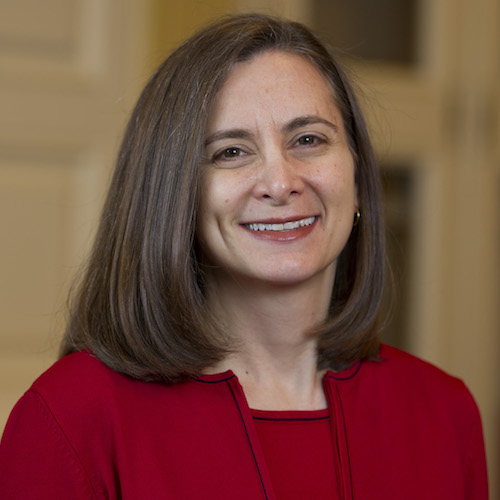Global Stage Podcast
 About this Episode:
About this Episode:
Show Notes:
Welcome to Global Stage, a podcast highlighting academic and policy-oriented international research on democracy and human development! Global Stage is brought to you by the Kellogg Institute for International Studies, part of the Keough School of Global Affairs at the University of Notre Dame. Your host today is Kellogg Doctoral Affiliate Bill Kakenmaster.
Bill is joined by Debra Javeline, associate professor of political science at Notre Dame and a fellow at the Kellogg Institute for International Studies, the Kroc Institute for International Peace Studies, and the Nanovic Institute of European Studies. She is internationally regarded as an expert on international Russian politics, environmental politics, environmental behavior and social movements, survey research, and more. Her most recent book After Violence: Russia’s Beslan School Massacre and the Violence That Followed serves as the topic for today’s conversation.
To begin, Debra shares an overview of her book and explains that the Beslan School Massacre was a horrific act of violence that occurred in 2004 in the southern Russia town of Beslan. On the first day back to school in the community, terrorists took over the school property, herded parents, teachers and students into the school and kept them under horrific conditions. Most of them were executed right away. The event ended tragically with more than 330 people dead, over half of whom were children. Debra’s book answers the question of what unfolded after this violent event. Unexpectedly, she found that what resulted was a display of peaceful political activism, in spite of the authoritarian-learning environment.
A surprising finding for Debra was the evidence that one can’t usually tell much from the emotion of anger about outcomes of retaliatory violence. Debra reflects on her finding that anger actually is quite a rational inspiration for peaceful political activism. The majority of Debra’s research for the book was conducted with experienced Russian interviewers and moderators, who did a lot of the work on the ground. The citizens of Beslan demanded the truth from their government about what really happened during the horrific event. The Russian government claimed that there were only 32 terrorists, but none of the victims agree with this. Before wrapping up, Debra compares Putin’s role in the Russian government during the time of the Beslan Massacre to his presidential role today. Finally, she shares how her research translates into today’s world.
Links:
- Learn more about Deborah Javeline.
- Learn more about her book After Violence: Russia’s Beslan School Massacre and the Violence That Followed.
- Learn more about the Kellogg Institution for International Studies.
Listen
Listen below, ask your smart device to “play Global Stage Podcast,” or find us on:
Apple | Spotify | Stitcher | iHeartRadio | TuneIn





